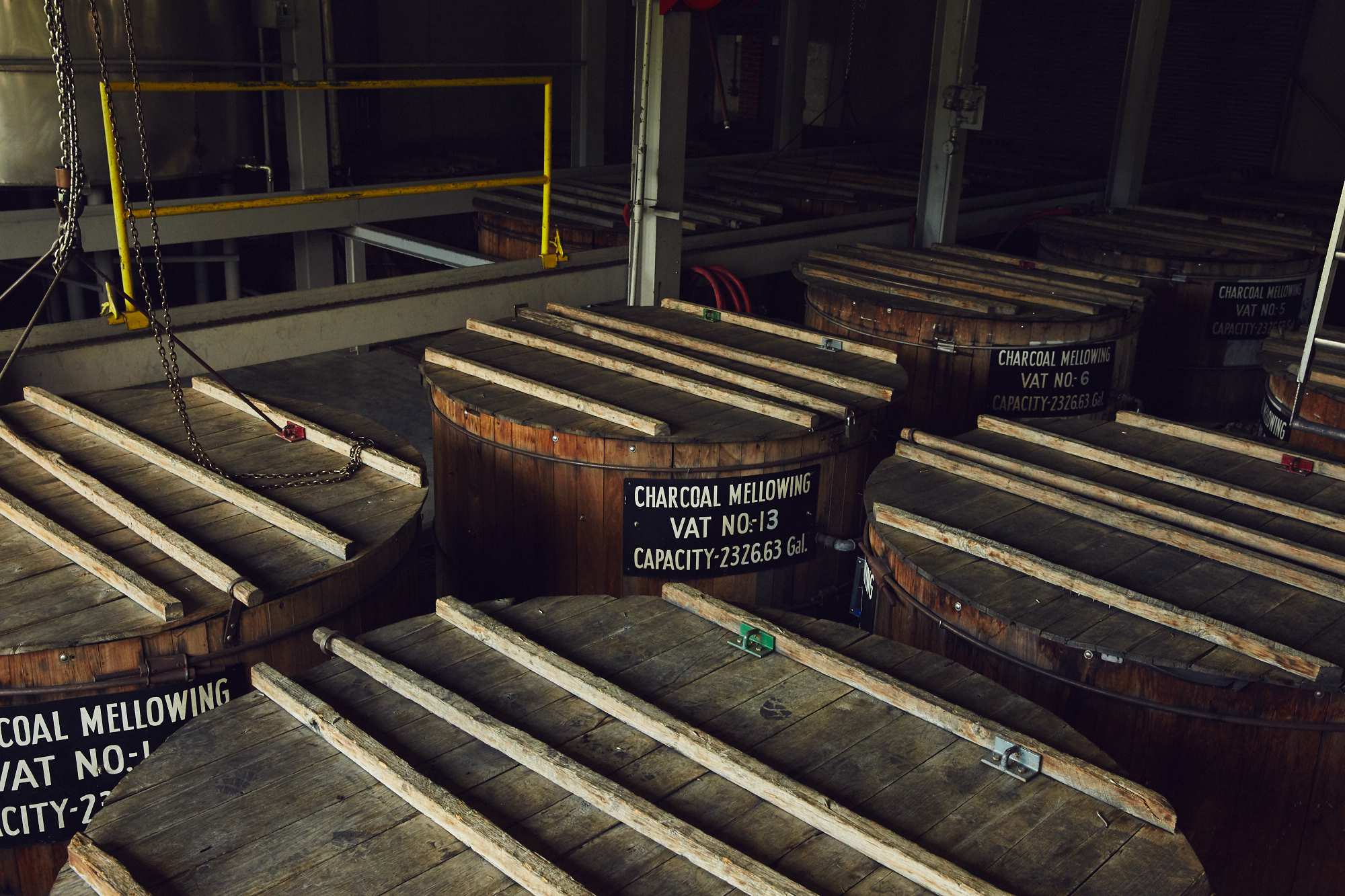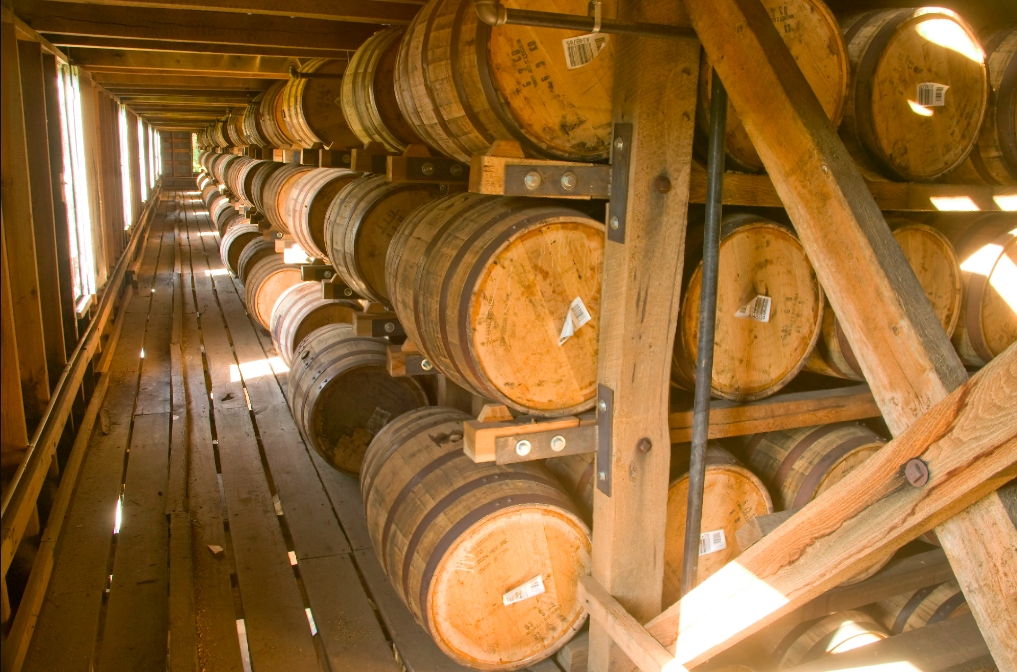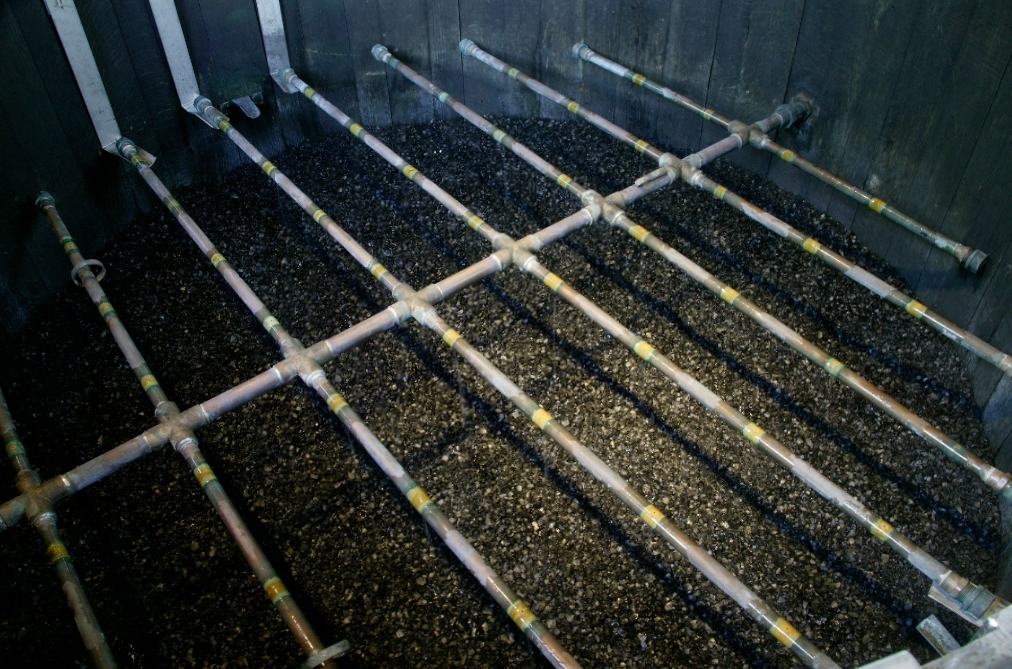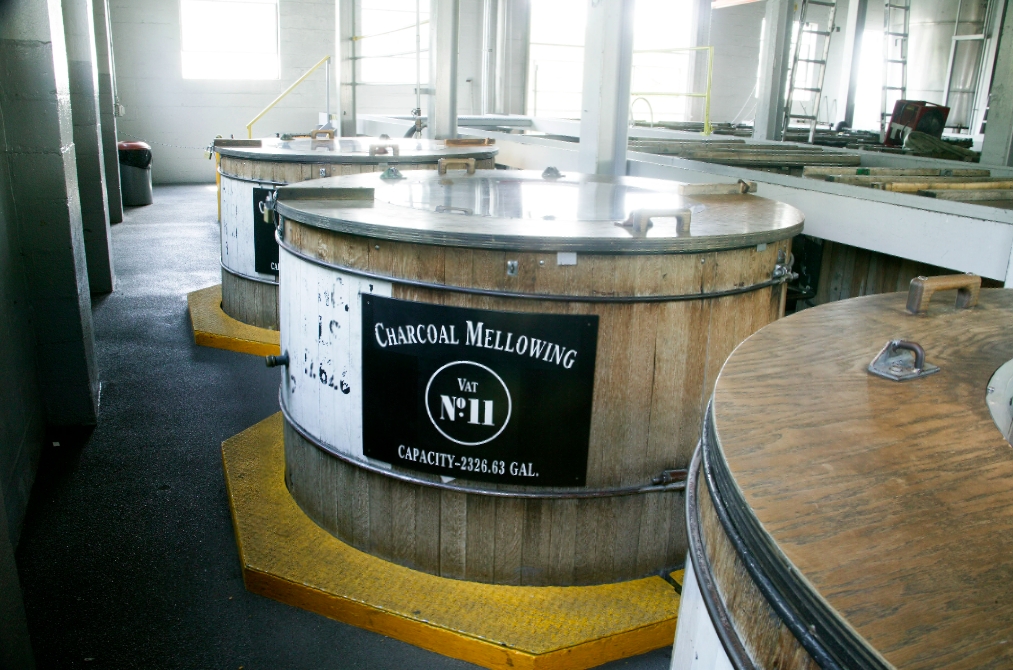Is Jack Daniel’s bourbon? It’s an age-old question that seems to keep coming up like a bad penny. Yes, Jack Daniel’s — created by Jasper Newton “Jack” Daniel back in the 1870s — is labeled as a “Tennessee whiskey” and not a “bourbon whiskey.” But that’s not the whole story. To answer the question of whether or not Jack Daniel’s — and Tennessee whiskey more widely — is bourbon whiskey you need to look at what it takes to legally be called bourbon and Tennessee whiskey, the North American Free Trade Agreement, that extra step of charcoal filtration and what that means, and what whiskey brands choose to put on their labels.
I can totally understand if this is all a bit much.
At the end of the day, who cares what a whiskey is technically called as long as what’s in the bottle is good enough to enjoy, right? I wish we all lived in a world that was that easy. But there are tons of online rants about what Tennessee whiskey and Jack Daniel’s supposedly is and is not and how-dare-you-besmirch-Kentucky-bourbon-for-suggesting-Tennessee-whiskey-is-bourbon tirades. We’ve seen it in our comments over and over.
Look, there’s a very easy answer to whether Jack Daniel’s is bourbon or not.
Yes. 100%. If you think differently you’re wrong.
Now that you know the answer, I’m going to break down why. In the end, this really isn’t that complicated. To quote my friend Jack Daniel’s Master Distiller Chris Fletcher, “If I wanted to put ‘bourbon’ on every label of Jack Daniel’s Tennessee Straight Whiskey tomorrow, I could without changing a single thing about what’s in the bottle.” Of course, Fletcher is talking about the Tennessee Straight Whiskey and not the Tennessee Straight Rye that he makes for Jack Daniel’s but you get the point. And just to drive that home, Jack Daniel’s not putting “bourbon” on their label is all about tradition more than anything else.
So why is that statement from Fletcher the cold hard fact of the matter? Let me show you.
Part 1 — What Is Jack Daniel’s Tennessee Whiskey?

Let’s look at this from a legal point of view. There are concrete rules that define these whiskeys for both labeling purposes and trade. Tennessee whiskey has a set of rules that are enforced (sorta) by the state of Tennessee’s local legislative branch.
Here are the actual, real rules. To be labeled a “Tennessee Whiskey” the whiskey must…
- Must be made in Tennessee, USA
- Must have a mash bill of at least 51% corn
- Must be no higher than 160 proof/80% ABV when it comes off the stills
- Must be 125 proof/62.5% ABV or below when barreled
- Must be aged in charred new American oak containers (it doesn’t have to be a barrel)
- Must be bottled at 80 proof/40% ABV or above
- To be labeled as “straight Tennessee whiskey,” the whiskey must be aged at least 2 years
- Must be charcoal filtered before barrel aging ***
These rules are what make Tennessee Whiskey “Tennessee whiskey.” The big variable at play is that Tennessee whiskey needs to be charcoal filtered before barrel aging. Jack Daniel’s does this by slowly drip-dropping every single ounce of their hot-off-the-stills juice through 10-packed feet of sugar maple charcoal (that they make on-site) in old wooden Cyprus vats.
During that process, the grain and heavy oil notes from the corn, barley, and rye are partially stripped from the distillate, leaving a softer unaged whiskey that’s far more fruit-forward. If you want to get all science-y about it, the charcoal filtration is allowing the chemical compounds from the yeast — especially fruity sweet ones — to dominate the esters that eventually interact with the wood sugars during aging. That’s the main reason that Jack Daniel’s is so much sweeter and fruitier than some other bourbons. Big apple/pear, cherry, peach, and banana notes are pushed forward during that filtering that then attaches to spicier tobacco notes from the wood, creating Jack Daniel’s iconic profile.
Other Tennessee whiskeys that use charcoal filtration before barrel aging will tend to lean more fruity, but not always. It really comes down to the blenders and their target flavor profile from brand to brand. George Dickel tends to lean more toward earthiness and minerality via sweet fruits. Nelson Greenbrier aims for classic Kentucky bourbon notes with big spicy cherry leatheriness. Uncle Nearest also leans in that classic bourbon direction.
***Benjamin Prichard’s has the only exemption from this process in Tennessee wherein it can be labeled as a “Tennessee Whiskey” even though it is not charcoal filtered. That means it’s really just bourbon made in Tennessee at the end of the day.
Part 2 — What Is Bourbon Whiskey?

So how much does Tennessee whiskey legally differ from bourbon whiskey?
Here are the actual, real rules. To be labeled a bourbon, the whiskey must…
- Must be made in the USA
- Must have a mash bill of at least 51% corn
- Must be no higher than 160 proof/80% ABV when it comes off the stills
- Must be 125 proof/62.5% ABV or below when barreled
- Must be aged in charred new American oak containers (it doesn’t have to be a barrel)
- Must be bottled at 80 proof/40% ABV or above
- To be labeled as “straight bourbon,” the whiskey must be aged at least 2 years
- No rules concerning charcoal filtration
So, um, these whiskeys are the exact same thing with one key difference. There’s no rule about charcoal filtration when it comes to bourbon whiskey. Well, that and Tennessee whiskey needs to be made in Tennessee; but, hey, Tennessee is in the U.S.A so that still counts as bourbon country.
Still, by legal definition, Tennessee whiskey is just bourbon with one more step. This leads us to the next topic.
Part 3 — Does “Charcoal Filtering” Disqualify Tennessee Whiskey From Being A Bourbon?

Nope. Not even remotely.
In fact, there are plenty of whiskeys that are labeled “straight bourbons” that are not from Tennessee but are still charcoal filtered.
Here are a few examples…
- Wild Turkey Longbranch — filtered with Texas mesquite before aging
- Evan Williams — aged and then charcoal filtered
- Heaven Hill Old Style — aged and then charcoal filtered
- Ezra Brooks — charcoal filtered
- Cooper’s Craft — charcoal filtered and then aged
Moreover, it’s not like this is a secret thing. Every one of those bourbons points out the charcoal filtering clearly on the label. Further, all of those whiskeys are from Kentucky.
Then there’s the wider elephant in the room — All aged whiskey (bourbon, scotch, Irish whiskey, whatever) is charcoal filtered if it is aged in a charred barrel.
Again without getting too science-y, all whiskey is charcoal filtered in the barrel. Charring a barrel creates a carbon layer that is a filter. That carbon layer filters the whiskey as it processes in and out of the wood as it ages. Whiskey does not get any flavor from the char in a barrel. The char inside every single whiskey barrel on earth is a charcoal filter no different than the one in your Britta (technically speaking). Now, that level of carbon charcoal filtration is not legally considered “charcoal filtration” in the sense that a brand needs to put it on a label. It’s more of a universally accepted fact. The point is — bourbon is charcoal filtered on a fundamental level.
Part 4 — Is Jack Daniel’s Tennessee Whiskey Bourbon Or Not?

Yes, unequivocally.
Here is the exact wording from NAFTA, “Bourbon Whiskey and Tennessee Whiskey, which is a straight Bourbon Whiskey authorized to be produced only in the State of Tennessee, as distinctive products of the United States.”
The extra step of charcoal filtering before aging does not disqualify Jack Daniel’s or any Tennessee whiskey from being a bourbon whiskey. As Fletcher said, he could call Jack Daniel’s a bourbon tomorrow if he wanted to. In fact, Nicole Austin over at George Dickel Tennessee Whisky did exactly that with her 8-Year-Old Bourbon release, which is classic Tennessee whiskey (charcoal filtered first) that just happens to have more of a classic Kentucky bourbon flavor profile. That whisky could have been labeled an 8-Year-Old Tennessee Whisky without any legal ramifications. It was a choice available and Austin took it.
I’m not the only one espousing this information, check out his great video from my buddy Jason C. over at The Mash and Drum. He breaks it down and gives you that much-needed second/confirming opinion about how all of this is, indeed, the facts.
In closing, all Tennessee straight whiskey is straight bourbon but not all bourbon is Tennessee whiskey. It’s a rectangle-square situation. Period.







